Explore our Graduate Programs
Several unique qualities set our program apart from other graduate programs in Environmental Studies and help us to attract stellar graduate students: our world-class resources, interdisciplinarity, individualized programs of study, sense of community, and location. Our flexible yet rigorous curriculum and customizable, interdisciplinary degree paths help students thrive in the Environmental Studies graduate programs.
Many concurrently earn certificates or degrees in law, conflict resolution, non-profit management, and other disciplines, and our students collaborate and work in numerous environment-related research centers and programs on campus. Graduate students design their own individualized course plan and select faculty mentors from within ENVS and across the university. The state of Oregon has long been a "laboratory" for environmental issues, policies, and governance solutions, and many of our students are involved in research and service with community, Tribal, and government programs and initiatives in Oregon and the Pacific Northwest. Others do their research internationally, from the Arctic to the Andes, Africa and the Middle East.
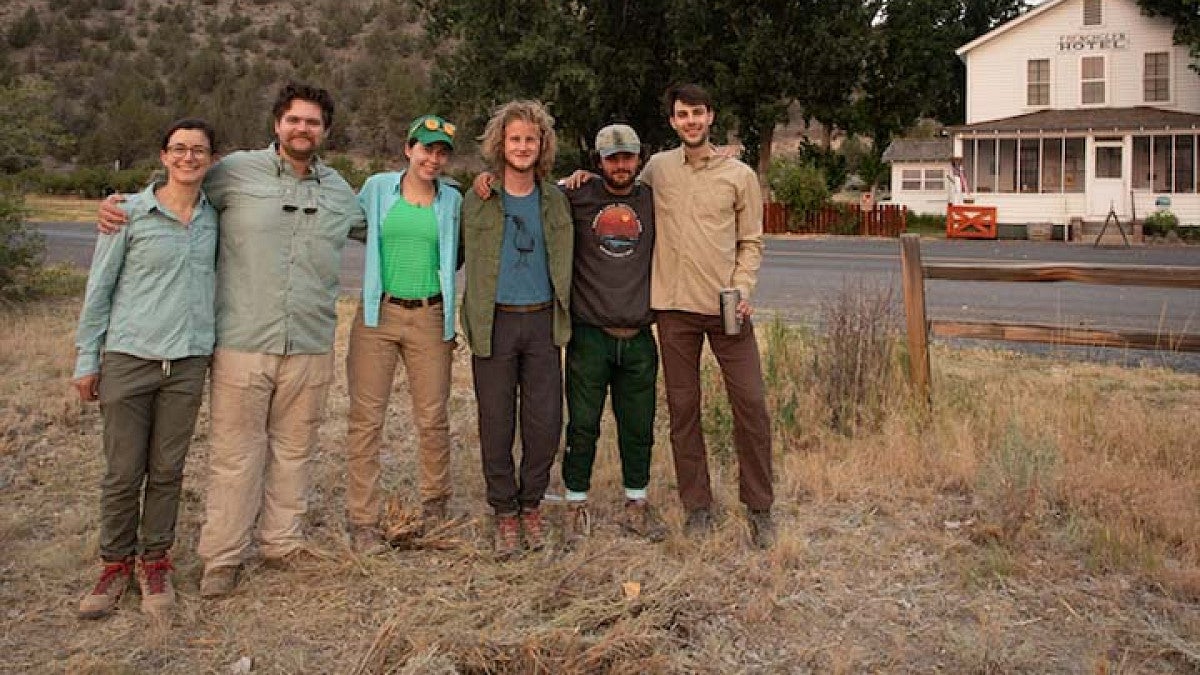
Master’s Degrees
The Environmental Studies and Environmental Science master's degrees are flexible, student-focused, rigorous, and interdisciplinary. During the two-year degree program, students may choose to complete either a master’s thesis or a terminal project.
Students who succeed in our program typically are self-starters, have academic and/or work experience that has given them a foundation of skills and led them to specific goals, and like working with others.
Our master’s students are usually fully funded and supported by the world-class environmental resources of our university, the strong sense of community among the Environmental Studies students, faculty, and staff, and the environmental research opportunities and natural beauty of the Pacific Northwest.
Master’s Requirements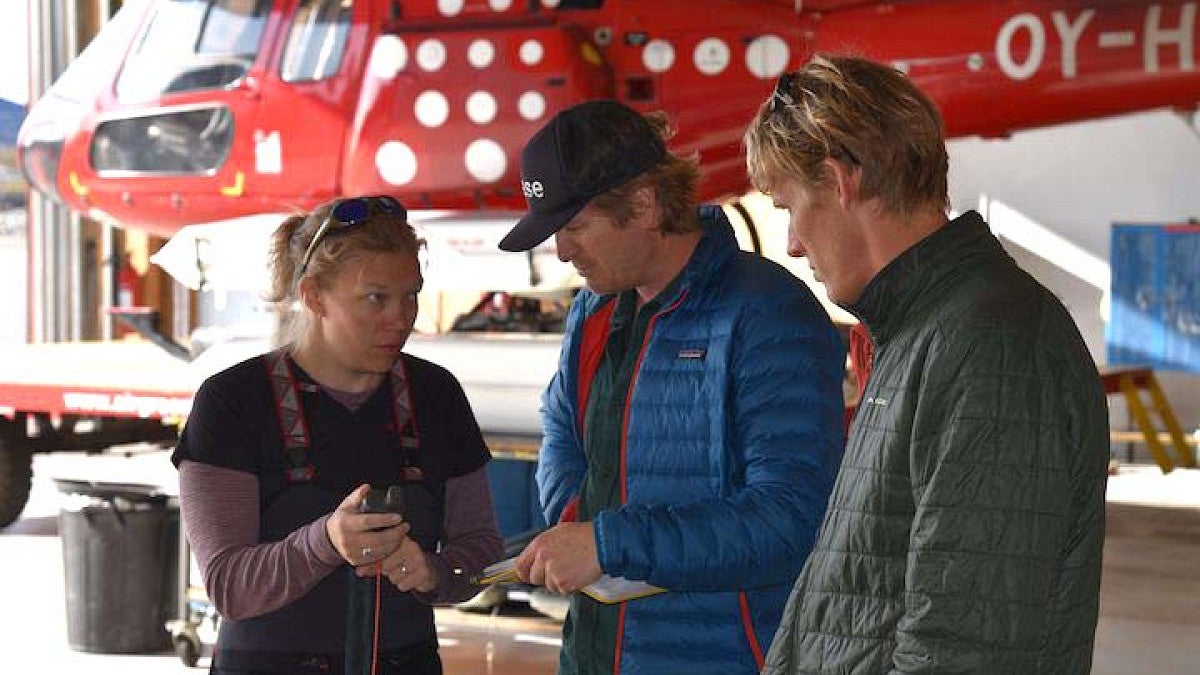
Doctorate Degree
We offer the Doctor of Philosophy in Environmental Sciences, Studies, and Policy. Students have the flexibility to design their interdisciplinary environmental doctorate across multiple disciplines, colleges, and specializations.
Our program prepares students for many career paths — for academic positions in both their focal discipline and in interdisciplinary programs; for research careers; and for leadership careers creating and implementing environmental solutions in the public and private sector.
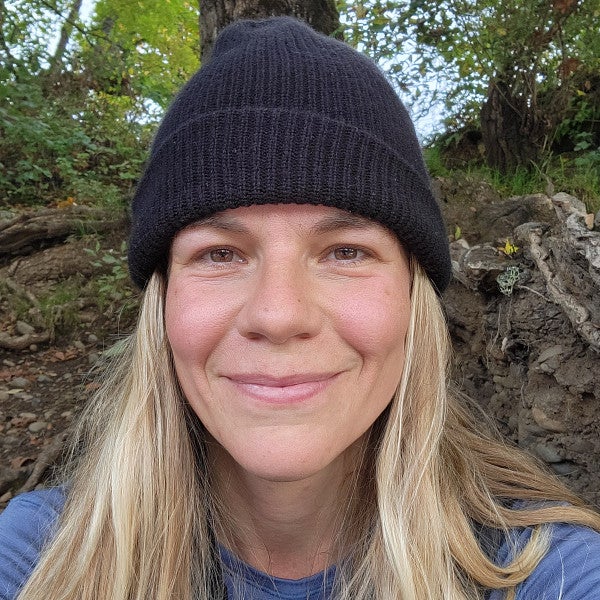
Fostering a Supportive Community
"The Environmental Studies Program is outstanding in its ability to foster interdisciplinary scholarship and in its sense of community. As a graduate student and settler scholar, I have been able to blend coursework in Sociology, Geography, and Landscape Architecture to inform and support my community-based research with Indigenous communities. The ENVS program values student input and continually strives to improve its curriculum and commitment to equity. The wonderful mentorship and support I have received from faculty, staff, and peers in ENVS have been instrumental to my success and wellbeing."
—Kirsten Vinyeta, Environmental Studies and Sociology PhD Candidate, '22
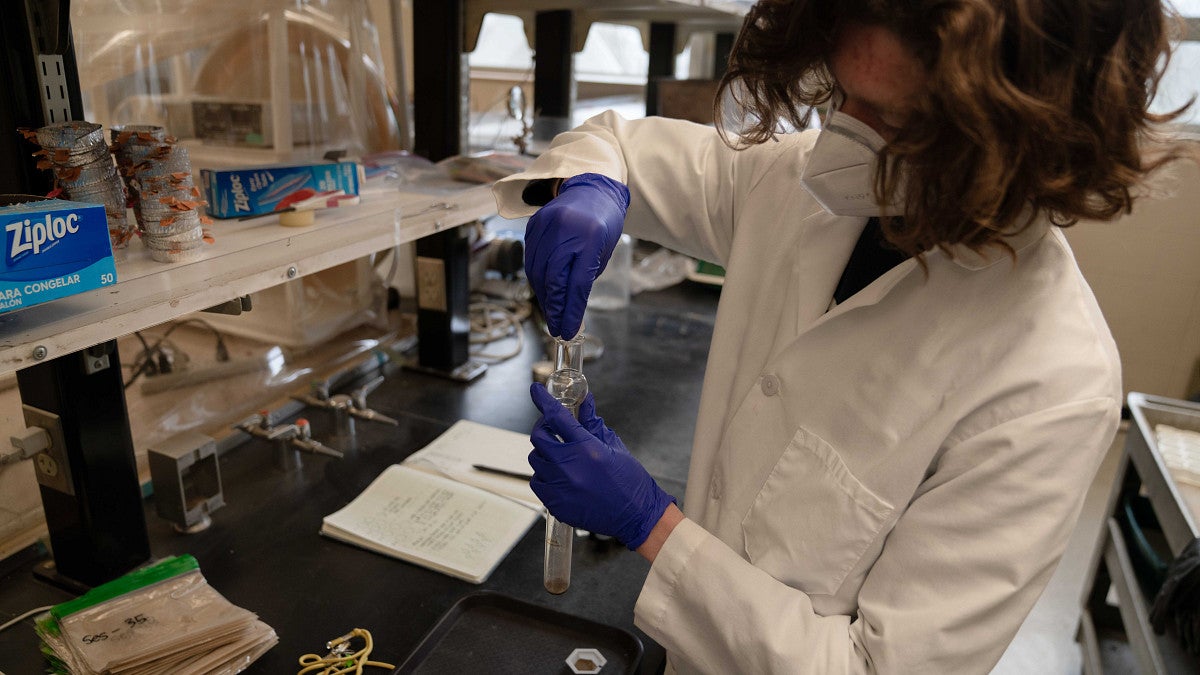
Graduate Specializations
The graduate specializations in Environmental Humanities offers students ways to enhance their education and future marketability, and to deepen and broaden their understanding of specific bridges between Environmental Studies and related disciplines. Combine your primary degree with an additional set of courses designed to enrich your academic qualifications.
Funding Your Graduate Studies
In addition to eligibility for grants and fellowships, students admitted to the Environmental Studies master's program are guaranteed two years of funding, usually through teaching assistantships (graduate employee) positions that cover tuition, stipend, and health insurance. Doctoral students typically receive similar support over 4-5 years.
Prepare for the Professional World
Master’s and doctoral students in our department may teach a course, and most of our doctoral students go on to careers in academia. Our master’s program alumni often pursue leadership positions in non-profit organizations and governmental agencies. Graduate students also can benefit from project management and professional development opportunities within our program or across the university.
Career and Professional Development
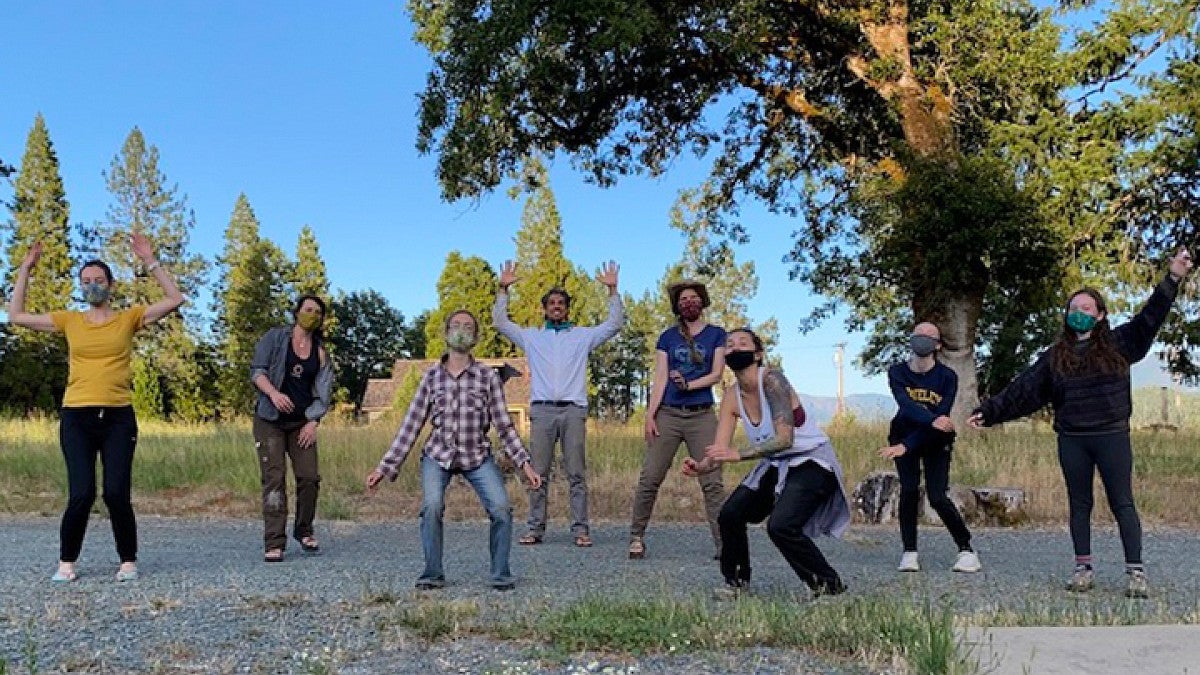
Our Graduate Students
Thanks to our more than four decades of history and cross-campus collaborations, the Environmental Studies Program enjoys a vibrant sense of community and shared purpose. The atmosphere of our graduate program is one of collaboration and mutual support, and the friendships formed among our students last long after they have gained their degrees. Our alumni form a network of regional and national contacts that provide current students with support and advice.
Resources for the Graduate Community

